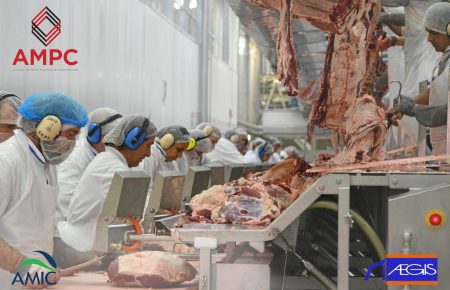By Simon Booth
The Victorian government’s Independent Review into the Victorian Workers’ Compensation System is due to be published soon. Aegis RMS made a submission addressing its concerns about the scheme. This article is part of that submission. Read our other articles from this submission here and here.
“Widely published statistics make it very clear that a return to health and a return to work are in the best interests of an injured worker, and in cases of the longer term injured, breaking the cycle of not being at work is often complex and difficult. The description of ‘stick rather than carrot’ is emotive, however the responsibility of an agent is to manage claims within the spirit of the legislation, which may mean using the opinion of a specialist to make decisions on claims that will interrupt the claims cycle but are ultimately in the best interests of an injured worker.”
– Colin Ahern, CGU’s Response to the 2019 Ombudsman’s Report
The Victorian Ombudsman’s 2016 and 2019 reports have done little to drive improvement in the quality of life for long-term claimants or those currently caught in the compensation cycle.
In addition, they have led to a reluctance by Agents to act in a manner that may be seen as adverse to an injured worker. As a result, we are seeing workers consistently failing to fulfil their obligations under the act without consequence.
This does little more than trap them in the compensation cycle where eventually they will develop a sense of entitlement and attempts to address this will be difficult.
Above everything else we must be focused on disrupting the compensation cycle. Allowing claimants to stagnate on benefits is not in their best interests and does not promote scheme viability.
Despite the Ombudsman’s claims of unethical and immoral behaviour, if we do not have checks and balances built into the scheme and if we are not constantly trying to disrupt the compensation cycle, we risk claimants becoming victims of the scheme that is meant to support them.
This starts by acknowledging that many complex claims are the result of a system that reinforces and rewards time off work and not the injury itself. This can lead to the ‘concept’ of the injury, and not the injury itself, driving claim duration and perceived severity by the claimant.
The longer a person remains on claim, the more likely it becomes that secondary factors will begin to impact on motivation and capacity. In addition, the longer someone is on benefits, the more likely it is that they will develop a sense of entitlements to these benefits, with their focus moving to justifying why they deserve their benefits and away from returning to work.
Disruption of the compensation cycle is crucial to stopping claims from becoming, or rectification of claims that have become complex. This needs to be early and it needs to be targeted.
A focus on disrupting the compensation cycle and potentially removing claimants’ entitlements should not be seen a heartless endeavour by claims managers. All current evidence indicates allowing claimants to remain on compensation will be detrimental to their physical and mental wellbeing
Disrupting the cycle of compensation is better for the claimant, the Employer, and the scheme in general.
“…long term worklessness is one of the greatest risks to health in our society. It is more dangerous than the most dangerous jobs in the construction industry, or [working on an oil rig in] the North Sea, and too often we not only fail to protect our patients from long term worklessness, we sometimes actually push them into it, inadvertently .. .”
– Professor Gordon Waddell, Work, good for your patient’s health and wellbeing
With over twenty years’ experience in Workers’ Compensation, Simon Booth is a vocal advocate for employers in a scheme that often leaves them feeling powerless and frustrated. Simon and his team work with employers across Australia, helping them take back control of their Workers’ Compensation programs.
Disclaimer: This article provides general advice and should not be considered legal advice or an insurance consultation. You should seek appropriate counsel for your own situation. In addition, this post is directed at people in Australia. If you are outside Australia, please be aware that the circumstances in your own country may be different.























































